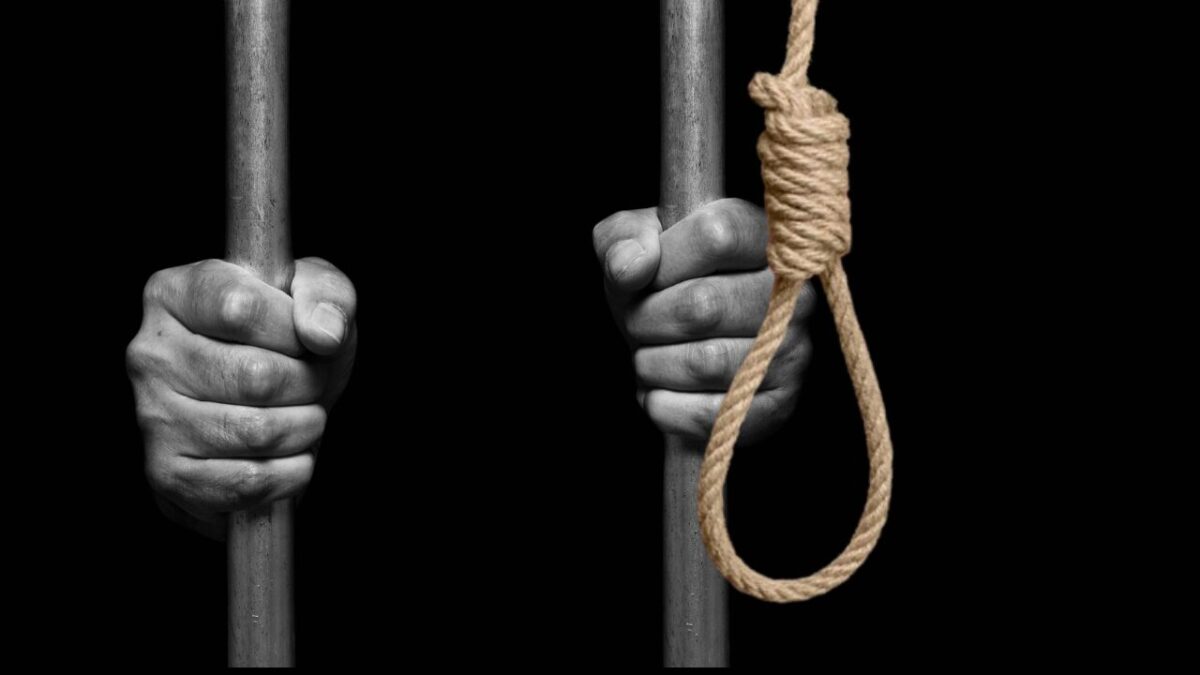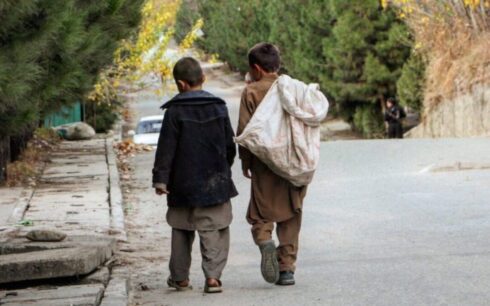Iranian authorities have executed two Afghan nationals, including a woman, according to reports from human rights organizations.
The HRANA news agency reported that Iran’s courts sentenced and carried out the execution of four individuals, including an Afghan man identified as Khalid Tajik, at Qezel Hesar Prison in Karaj on Friday morning. Tajik had been sentenced to death for drug-related offenses.
In a separate report, the Iranian Human Rights Organization confirmed that at least nine prisoners, including an Afghan woman and two Kurdish citizens, were executed on Wednesday. The individuals were charged with either “drug offenses” or “premeditated murder.”
Escalation in Executions
The rate of executions involving Afghan nationals in Iran has risen sharply since the Taliban’s return to power in Afghanistan in August 2021. According to a review by Amu, Iran executed 16 Afghan nationals in 2022, a number that increased to 25 in 2023. In 2024, the figure has already exceeded 50, with reports indicating that women and even children were among those executed.
Human rights groups have criticized the Iranian government’s use of the death penalty, particularly for drug-related charges, which often disproportionately impact marginalized groups, including Afghan refugees and migrants.
Broader Context
The executions come amid strained relations between Iran and Afghanistan, particularly as Iran deals with an influx of Afghan migrants following the Taliban’s rise. Iran hosts millions of Afghan refugees, many of whom face legal, economic, and social challenges.
Rights advocates have repeatedly called on Iran to halt executions and address systemic injustices within its judicial system, which they argue fails to provide fair trials or adequate legal representation, particularly for foreign nationals and vulnerable communities.
This rise in executions has further intensified concerns over the treatment of Afghan refugees and the growing human rights crisis affecting marginalized populations in Iran.





